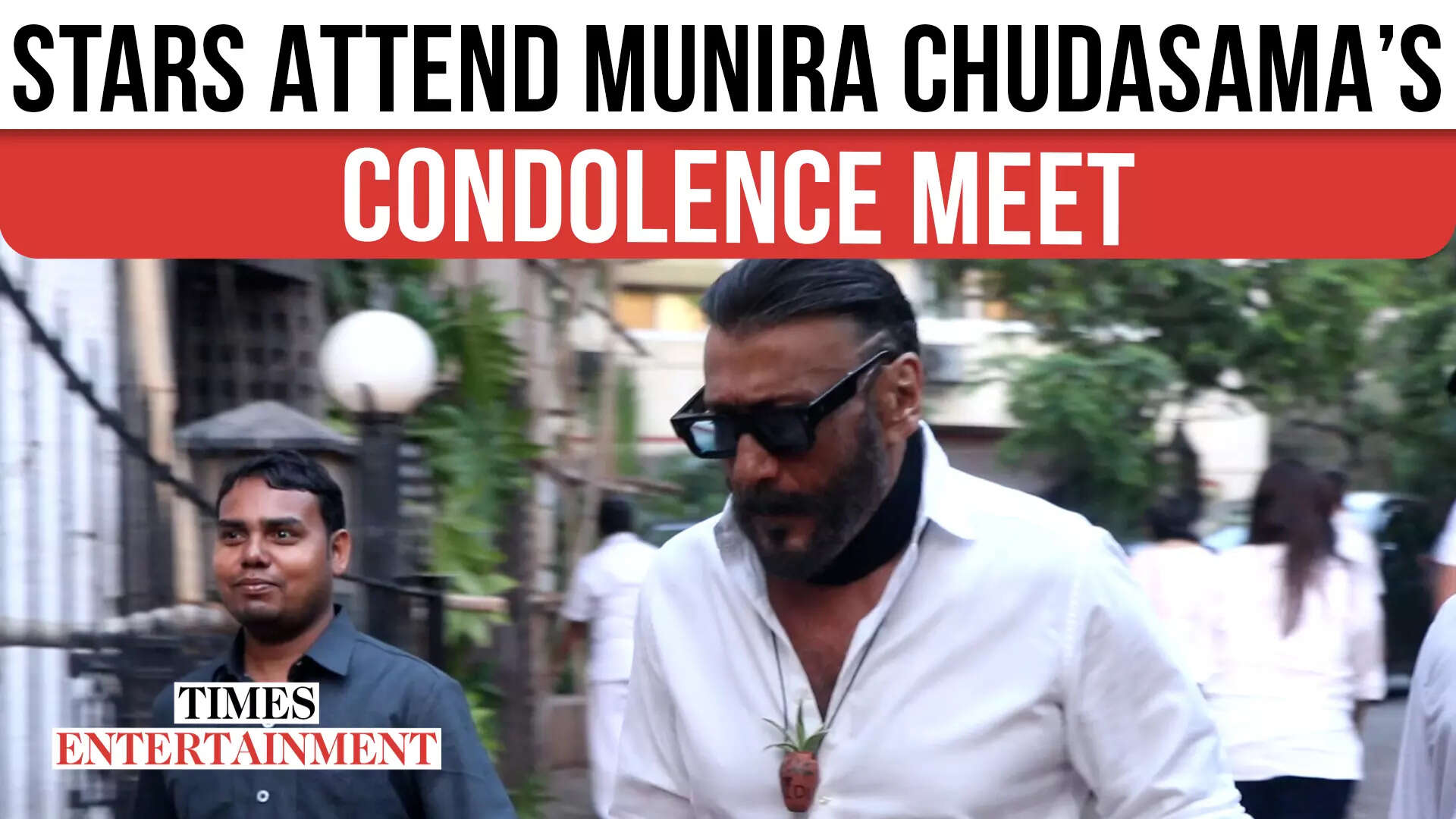“Challenges are what make life interesting. Overcoming them is what makes life meaningful” -Joshua Marine Currently ranked as the leading researcher in paediatrics in Nigeria, who is also amongst the top 5 in Africa as well as amongst the world’s top 2% highly ranked scientists, Dr. Bolajoko Olusanya ‘s illustrious life trajectory should serve as a lasting lesson on absolute faith in God, self-belief in one’s capabilities, passion and the power of persistence.
Yes, “persistence pays” as the renowned American entrepreneur, Ray Kroc would say. And all that is because she suffered hearing loss right from youth, was abused by her parents who did not understand at the early stage of the hearing difficulty she went through and battled with back then. But as at this day, she is a member of the Hearing Loss Expert Group on the Global Burden of Disease Study.

She also happens to be the Co-chair of Lancet Commission on Hearing Loss. In 2018 she received the prestigious Aram Glorig Award from the International Society of Audiology. To crown her efforts in the challenging field of scientific research she got elected as a Fellow of the African Academy of Sciences (AAS) as announced in April, 2025.
That informed the decision to engage her and hear from the horse’s mouth for us to glean from her wealth of vast and varied experiences. In response to what her vision was while growing up and if she dreamt of going this far, she said: “I suffered abuse and maltreatment because my parents did not recognise that I had a hearing loss from birth. My misinterpretation of simple instructions because of my hearing impairment was often perceived as stubbornness or rascality.
“My hearing loss did not affect my intelligence. Because of my personal frustrations, I decided from childhood to become a nurse, and then a doctor to prove everybody wrong.” This is simply awesome and we should understand the importance of having a vision of what we want to do with our lives.
The next question was what her challenges were with regards to her studies in the early years and how did she overcome them? She explained it this way.” Because of my hearing loss, which was not diagnosed until much later in life, I always ensured a front row seat in the classroom to hear the speakers clearly. Whenever, I missed a front row seat, it was very painful as I had to struggle to follow the lectures.
Most times, I sought help from my classmates to identify what I had missed by copying their notes.” That situation was certainly challenging but good enough she did not give up. Furthermore, one wanted to know who her heroes were and what she learnt from them.
In response she explained that: ” I grew up in Ibadan and I always admired family – friends who were successful medical doctors working at the University College Hospital (UCH), Ibadan. “Two of such heroes were Professor Samuel and Professor (Mrs) Oludayisi Oduntan who were both eminent consultants at UCH. In those days, being a medical doctor was an elitist accomplishment for those with good WAEC grades.
The other option for those with good grades in science subjects was engineering.” That is really inspiring. So, what are her thoughts about Nigeria’s educational system and what is needed to be done? In response she stated that: “The educational system has undergone major transformations and perhaps falling standards because of a lack of a holistic and consistent educational strategy that is devoid of political and religious interference.
” The educational sector also has been seriously impacted by the economic realities facing the country under various administrations. Public investment in the education sector has been inadequate and has contributed to falling standards. “I will recommend that we consult our educational experts and policy makers on how to move the nation forward.
” Brilliant submission worthy of implications by our policy makers and political leaders. Having succeeded as a female medical doctor I wanted to know her views about the Girl-Child education policies in Nigeria. She highlighted that: “Gender has never been a barrier to my learning.
The Girl-Child education is only an issue in some cultural settings in Nigeria. You cannot address this problem without a community-based cultural re-orientation in those parts of the country. “Education must be regarded as a fundamental human right and Girl-Child education is in the best interest of every family and the larger society.
” That is a thought-provoking perspective to the issue. Going forward, what should be done to curtail the wave of the Japa Syndrome? In her candid opinion she stated that: “There is nothing wrong with free migration of skills and talents. Perhaps, the greatest challenge is the issue of brain drain in critical sectors of the economy.
It is difficult to stop such migration as long as the fundamentals of economic survival are not addressed.” That should certainly serve as food for thought to the concerned stakeholders. It has also become important to know her piece of advice to the younger generation of Nigerians on morals, education and preparing for tomorrow, today.
Her answer was point blank: “Don’t give up. Have faith in God.” So, as Nigerians continue to search for heroes in virtually all the fields of human endeavour, as their beacon-bearers in the dark tunnel of mass ignorance, the erudite paediatrician, Bolajoko Olusanya has become one to serve as a moral and professional compass to guide this generation and subsequent ones on the best way forward.
Described as an exemplary scholar, disability inclusion advocate and social entrepreneur, Olusanya is actively engaged in globally impactful researches outside the traditional university/academic setting. That sets her apart as she stands head and shoulders above her peers. With regards to her proud academic pedigree she is a graduate of the University of Ibadan, Ibadan, Nigeria (MBBS.
1977 – 1982) and others, including the Royal College of Paediatrics and Child Health, (UK, FRCPCH 2004 Child Health) and the University College London, UK for her PhD in 2008, specialising in Child Health and Audio-Vestibular Medicine. Worthy of note is that Dr. Olusanya is the Centre Director of the Healthy Start Initiative (HSI) and the co-founder of the Centre for Healthy Start Initiative, Nigeria (an Organisation in Special Consultative Status with the United Nations Economic and Social Council).
Interestingly, she is the Medical Director of First Years Medical Centre and Phonics Hearing Centre in Nigeria. She is involved in the study based at the Institute for Health Metrics and Evaluation (IHME), Seattle, USA as well as being the coordinator/co-founder, the Global Research on Developmental Disabilities Collaborators [GRDDC]. As John Harold Johnson of Ebony Magazine rightly stated: ” The higher the obstacles we scale over in life the greater the glory.
” Our young Nigerians and indeed, others should therefore, understand that and learn to turn their stumbling blocks into stepping stones, to move to greater heights. Yes, we can, as Dr. Olusanya has amply demonstrated.
.
Top

Dr. Bolajoko Olusanya: African pride’s success against all odds

“Challenges are what make life interesting. Overcoming them is what makes life meaningful” -Joshua Marine Currently ranked as the leadingread more Dr. Bolajoko Olusanya: African pride’s success against all odds











